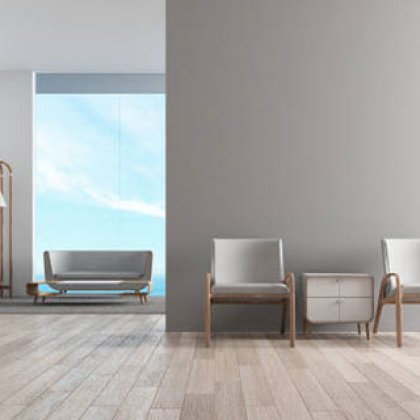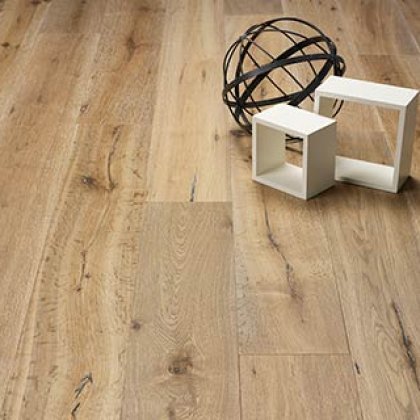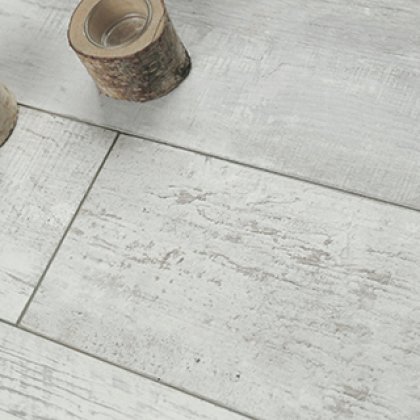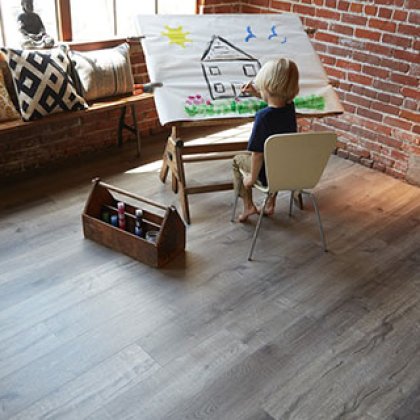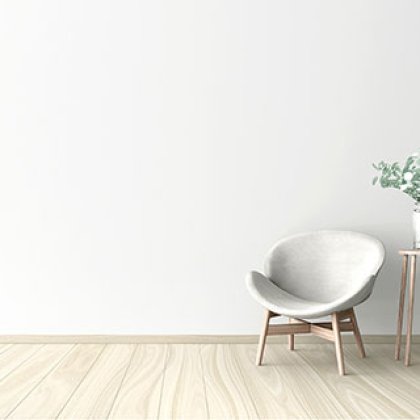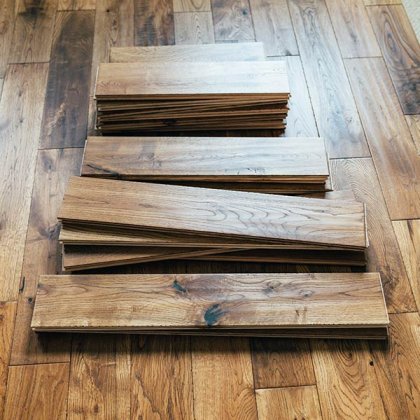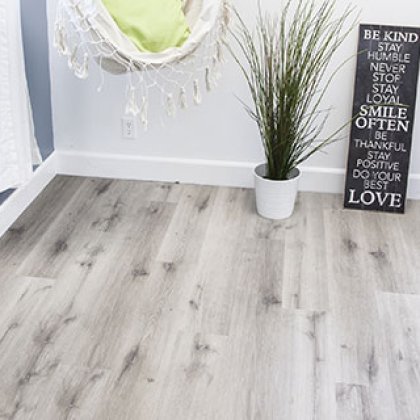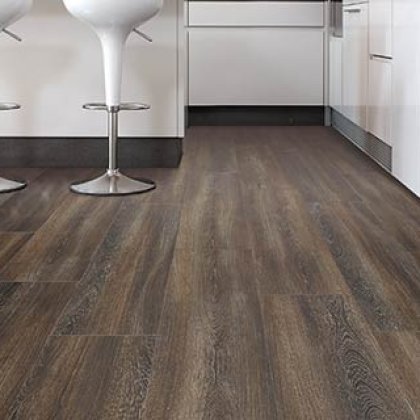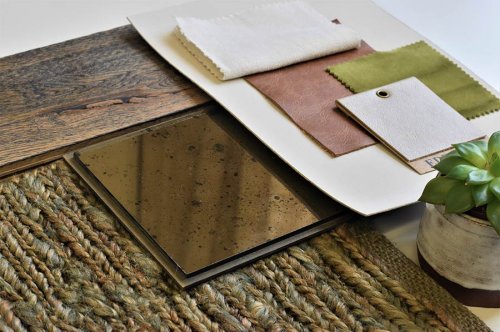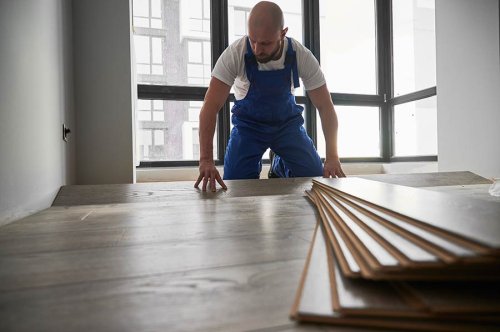Engineered vs Solid Hardwood: Which is Right for You?
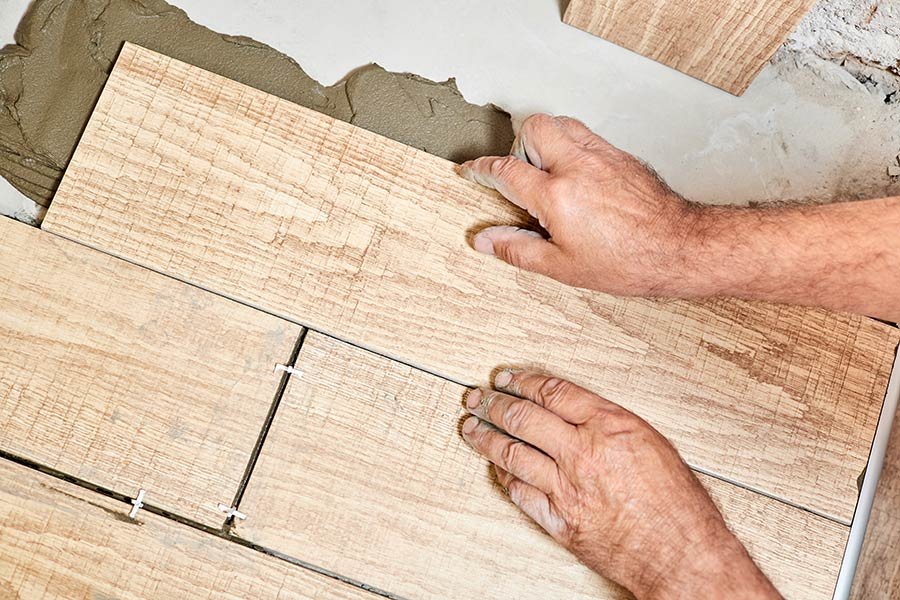
Choosing the right flooring is crucial for any homeowner, and the debate between engineered and solid hardwood flooring has been ongoing for decades. Historically, solid hardwood was the only choice for those seeking warmth and durability underfoot. However, with technological advancements, engineered hardwood emerged as a versatile competitor, offering similar aesthetics with added benefits. This introduction will delve into the key differences, helping you make an informed decision for your home. From cost considerations to installation specifics and overall longevity, understanding these two options is essential for anyone looking to invest in their floors.
Key Takeaways
- Solid hardwood offers timeless beauty and can be refinished multiple times, making it a long-term investment for your home.
- Engineered hardwood provides greater stability in fluctuating humidity levels, ideal for below-grade installations like basements.
- When considering durability, engineered hardwood's top layer can show wear but is less prone to warping compared to solid hardwood.
- Installation of engineered hardwood is generally easier and more versatile, allowing for floating, gluing, or stapling, which can be a DIY project.
- Initial costs for engineered hardwood may be lower, but solid hardwood tends to add more value to your home over time.
- Regular maintenance is key for both types of flooring; however, solid hardwood offers the opportunity for more extensive restoration if damaged.
What is Solid Hardwood
Natural Wood
id hardwood is 100% natural wood. It comes from a single piece of timber. This makes it strong and lasting.
Each plank is a whole piece. There are no layers or mixes in it. This gives each floor a unique look.
Common Types
Oak, maple, and walnut are popular. They offer different colors and patterns. This variety lets people choose what fits their home best.
Oak is known for its strength and durability. It can handle lots of walking and furniture.
Maple has a lighter color. It's good for bright rooms. Maple is also very hard.
Walnut gives a dark, rich look. It feels warm and welcoming. But it's softer than oak and maple.
What is Engineered Hardwood
Core Structure
Engineered hardwood consists of multiple layers. The core layers are usually made of plywood or high-density fiberboard. These materials provide stability and resistance to changes in humidity. They make engineered floors less likely to warp compared to solid hardwood.
The top layer is a thin slice of real wood veneer. This gives the flooring the appearance of solid hardwood without using as much valuable timber. It's an efficient use of resources.
Durability Benefits
Engineered hardwood offers significant durability advantages. Its layered construction adds strength, making it suitable for areas with heavy foot traffic. The real wood veneer on top can also be sanded and refinished, but not as many times as solid hardwood.
This flooring type withstands moisture better than solid wood. It can be installed in basements and over concrete slabs where solid hardwood might not be recommended.
Installation Ease
One of the biggest benefits of engineered hardwood is its installation flexibility. It can be glued, nailed, or floated, depending on the subfloor and personal preference. This makes it a versatile option for many homes.
Unlike solid hardwood, engineered flooring can be installed directly over concrete or radiant heating systems. This opens up more possibilities for where you can have wood floors in your home.
Durability and Lifespan
Solid Hardwood
id hardwood floors are known for their longevity. They can be sanded and refinished many times. This process removes scratches and marks, making the floor look new again. Homeowners appreciate this feature because it extends the floor's life.
With proper care, solid hardwood can last for decades. It stands up well to daily wear and tear. Yet, it does not like moisture. Too much water can damage it.
Engineered Hardwood
Engineered hardwood has a different strength. It is more resistant to moisture. This makes it a good choice for places like kitchens or basements. Its structure stops the wood from warping when it gets wet.
Yet, engineered floors cannot be sanded as often as solid wood. They still last a long time but might not reach the age of solid hardwood floors.
Installation and Maintenance
Professional Setup
id hardwood often needs experts to put it in place. This type of floor is tricky to install. It needs special tools and skills. People usually don't do this job by themselves. They call in pros to make sure it's done right. This can add to the cost and time it takes to get new floors.
DIY Option
Engineered hardwood, on the other hand, is more DIY-friendly. Many types click together easily. This means you can often put it down yourself. It doesn't need as many special tools or skills. This can save money and make the project quicker. Plus, it feels good to do it yourself.
Easy Care
Engineered hardwood is also easier to keep looking nice. It stands up well to spills and messes. You can clean it with a simple sweep or mop. This makes life a bit easier every day.
id hardwood needs more care. It's important to protect it from water and scratches. Sometimes, you need special cleaners or treatments. This can take more time and effort over the years.
Cost and Value
Solid Expense
id hardwood floors are often pricier than other types. They need more wood, which costs a lot. This makes them a big investment. But they can last for decades with good care. Their long life helps justify the cost.
People love solid hardwood's look and feel. It adds warmth and character to any room. This can raise a home's price if you plan to sell.
Engineered Savings
Engineered hardwood provides a cost-effective alternative. It uses less solid wood, making it cheaper to produce and buy. This flooring still looks like solid hardwood, which many find appealing.
It's also easier to install than solid hardwood. This can save money on installation costs. Many choose engineered floors for their budget-friendly nature.
Home Value
Both floor types add value to a home. They offer beauty and durability that potential buyers like. Even though solid hardwood costs more upfront, it can lead to higher home values. Engineered hardwood also boosts a home’s appeal without breaking the bank.
Summary
Choosing between engineered and solid hardwood flooring boils down to your needs, budget, and the specifics of your space. Solid hardwood offers timeless beauty and the potential for multiple refinishes but requires a significant investment and careful maintenance. Engineered hardwood, on the other hand, provides a practical and versatile flooring solution that stands up well to moisture and is easier to install, often at a lower cost. Both options add value and style to your home, making it important to weigh the pros and cons based on your lifestyle, budget, and long-term plans for your space.
Now's the time to decide what's best for your home. Consider the look, feel, and longevity you're aiming for. Whether you lean towards the classic appeal of solid hardwood or the adaptable nature of engineered floors, make sure it aligns with your home's needs. Don't hesitate to reach out to a flooring expert to get personalized advice tailored to your situation. Your perfect floor is waiting.
Frequently Asked Questions
What's the main difference between engineered and solid hardwood flooring?
Engineered hardwood consists of a top layer of hardwood veneer attached to layers of plywood or fiberboard, whereas solid hardwood is a single piece of wood from top to bottom.
Can engineered hardwood be refinished like solid hardwood?
Yes, but it depends on the thickness of the top veneer. Thicker veneers can be sanded and refinished, sometimes multiple times, but not as many times as solid hardwood.
Which type of hardwood flooring is more durable?
Both types are durable, but engineered hardwood is more resistant to humidity and temperature changes due to its construction, making it slightly more durable in varying conditions.
Is there a significant cost difference between engineered and solid hardwood flooring?
Engineered hardwood tends to be less expensive than solid hardwood due to differences in material costs and installation expenses. However, prices can overlap based on quality and design.
How do installation methods differ between engineered and solid hardwood?
Engineered hardwood can be installed using floating, glue-down, or nail-down methods, offering flexibility for different subfloors. Solid hardwood typically requires nail-down installation onto a wooden subfloor.
Which flooring adds more value to a home: engineered or solid hardwood?
Both types add value, but solid hardwood may have a slight edge in perceived value and longevity. However, high-quality engineered floors are also highly valued for their durability and versatility.
Are engineered floors easier to maintain than solid hardwood floors?
Yes, engineered floors often come with finishes that are more resistant to scratches and moisture, making them slightly easier to maintain than solid hardwood floors.



